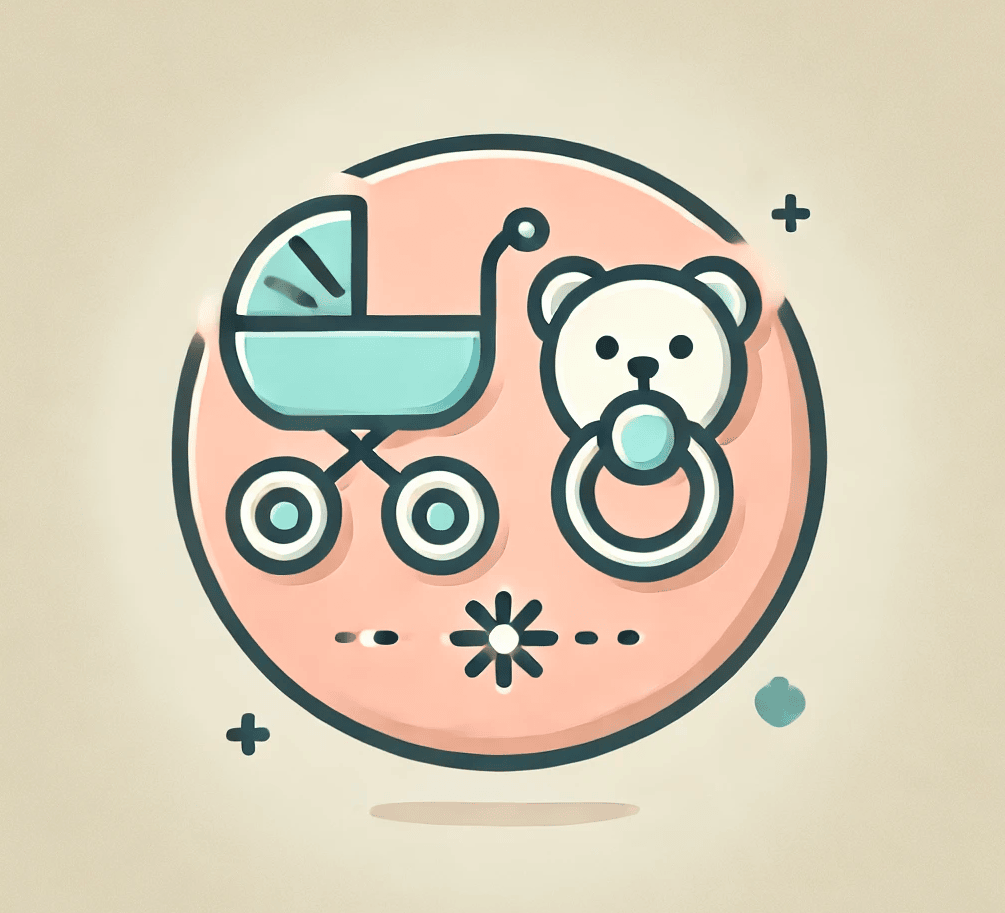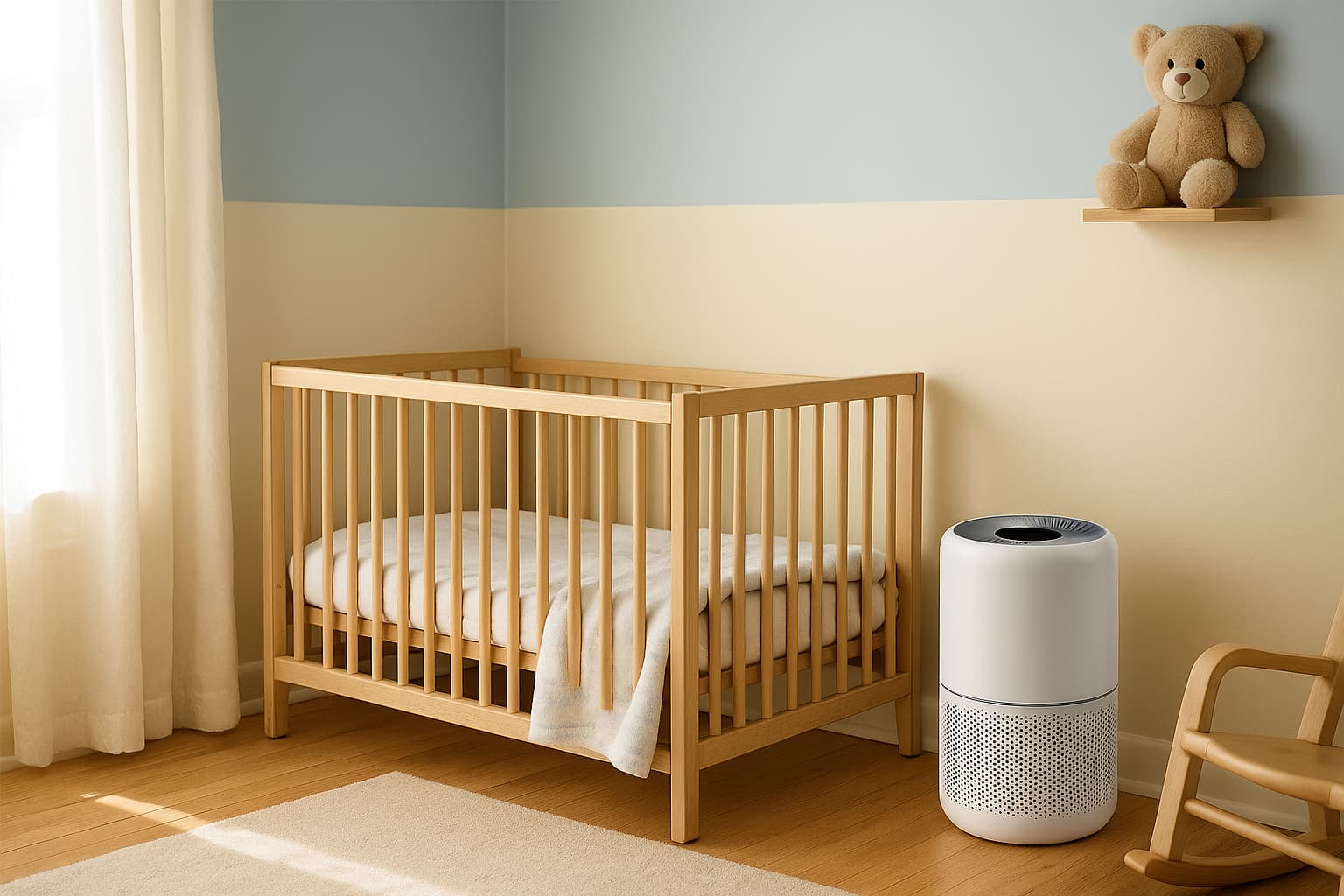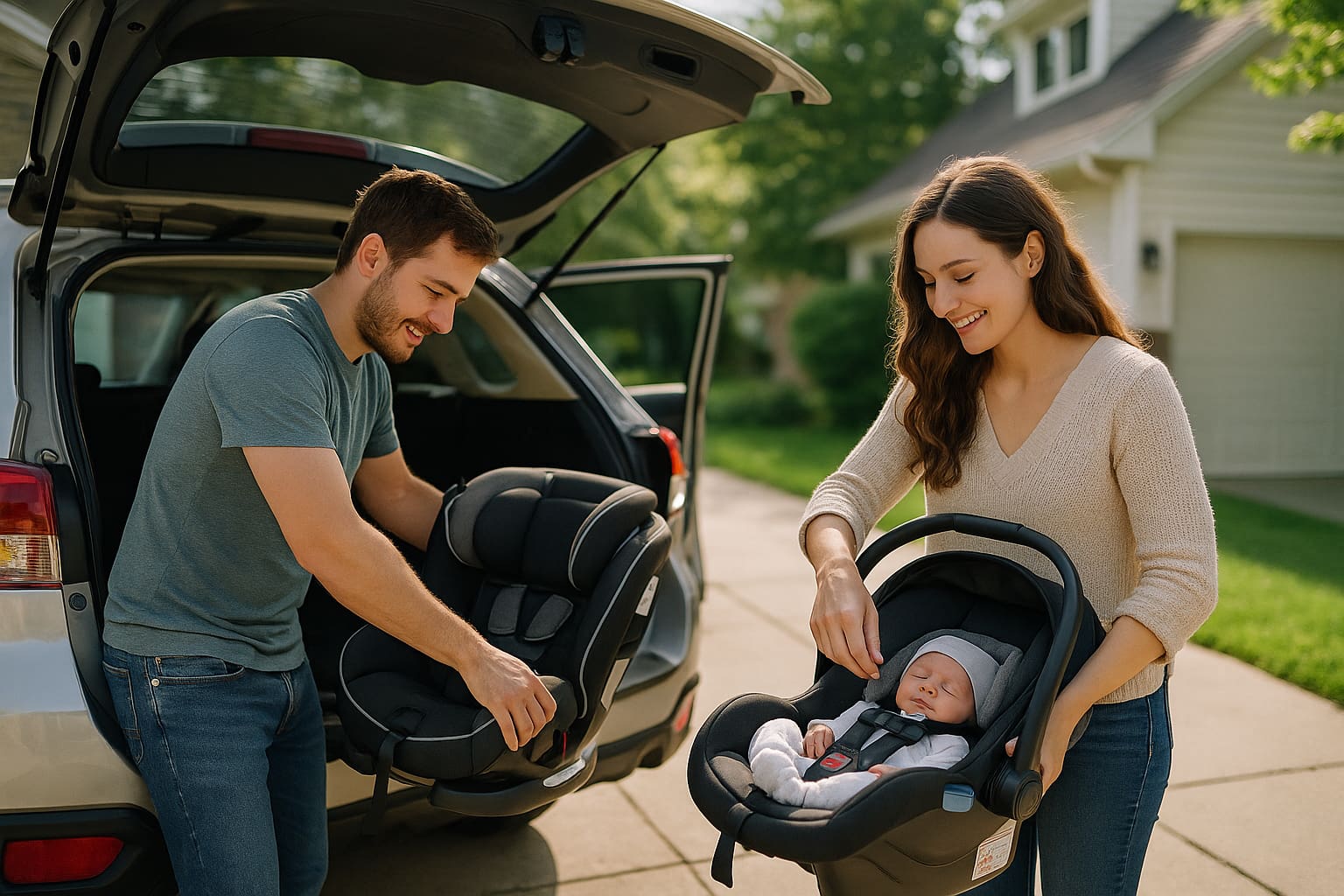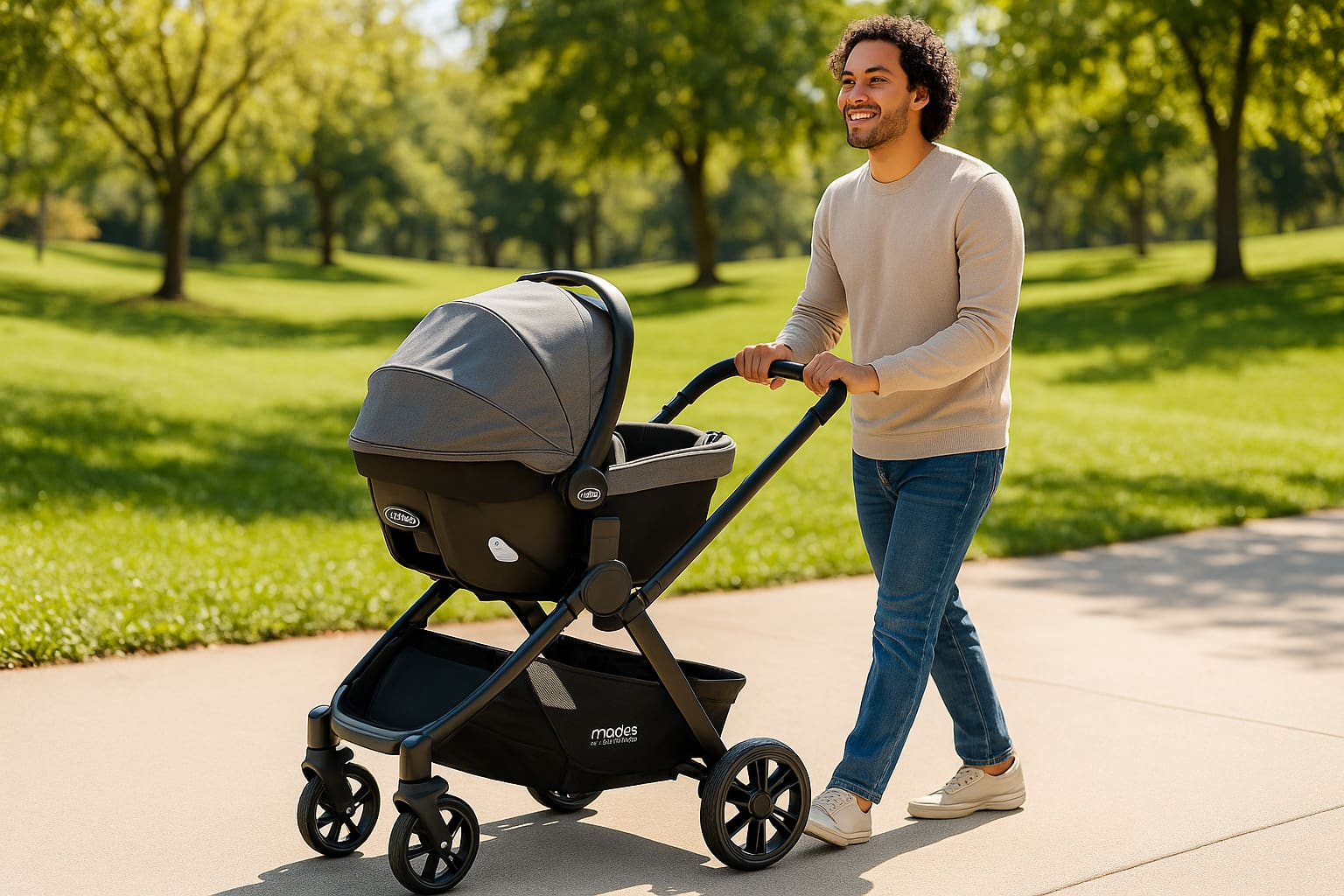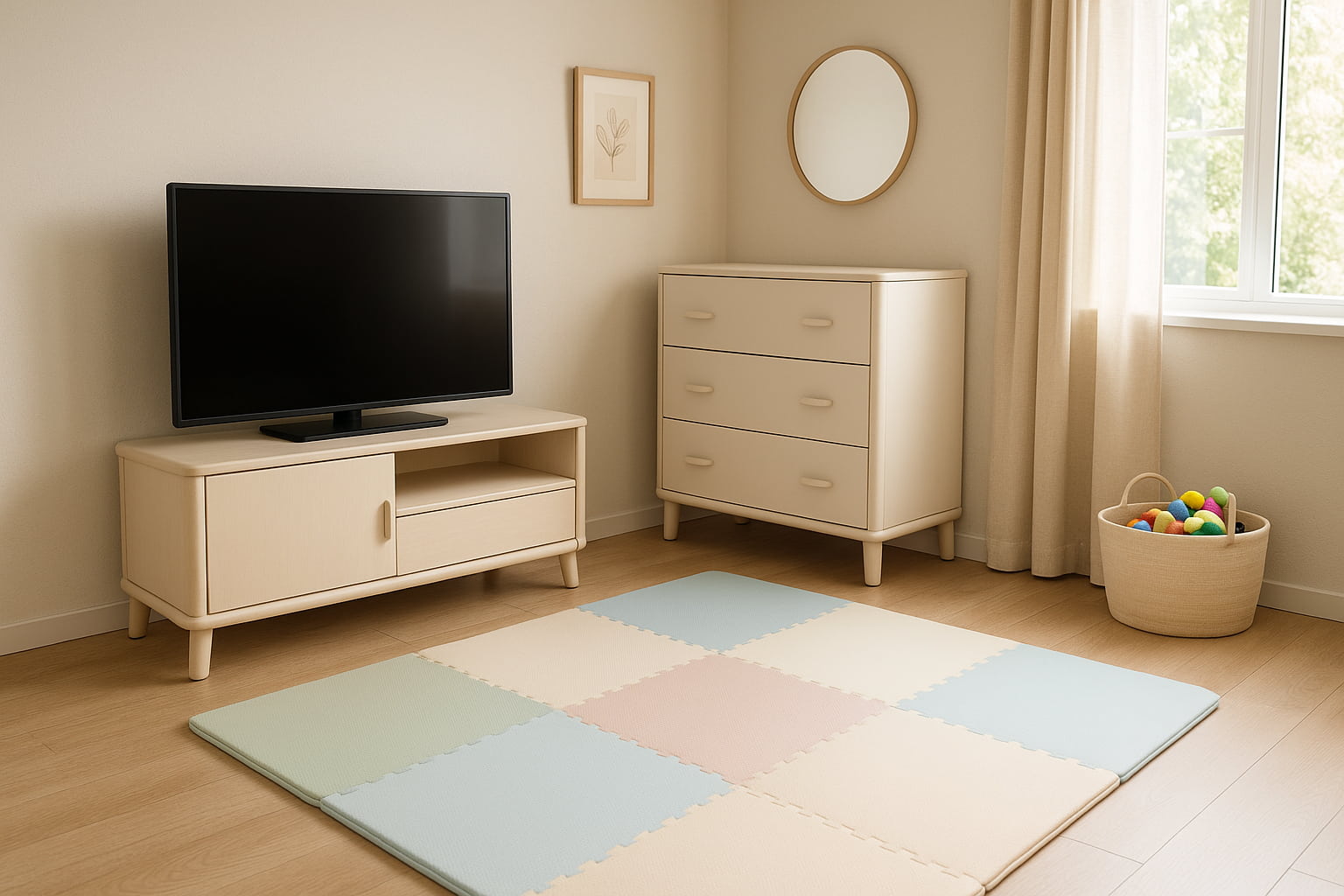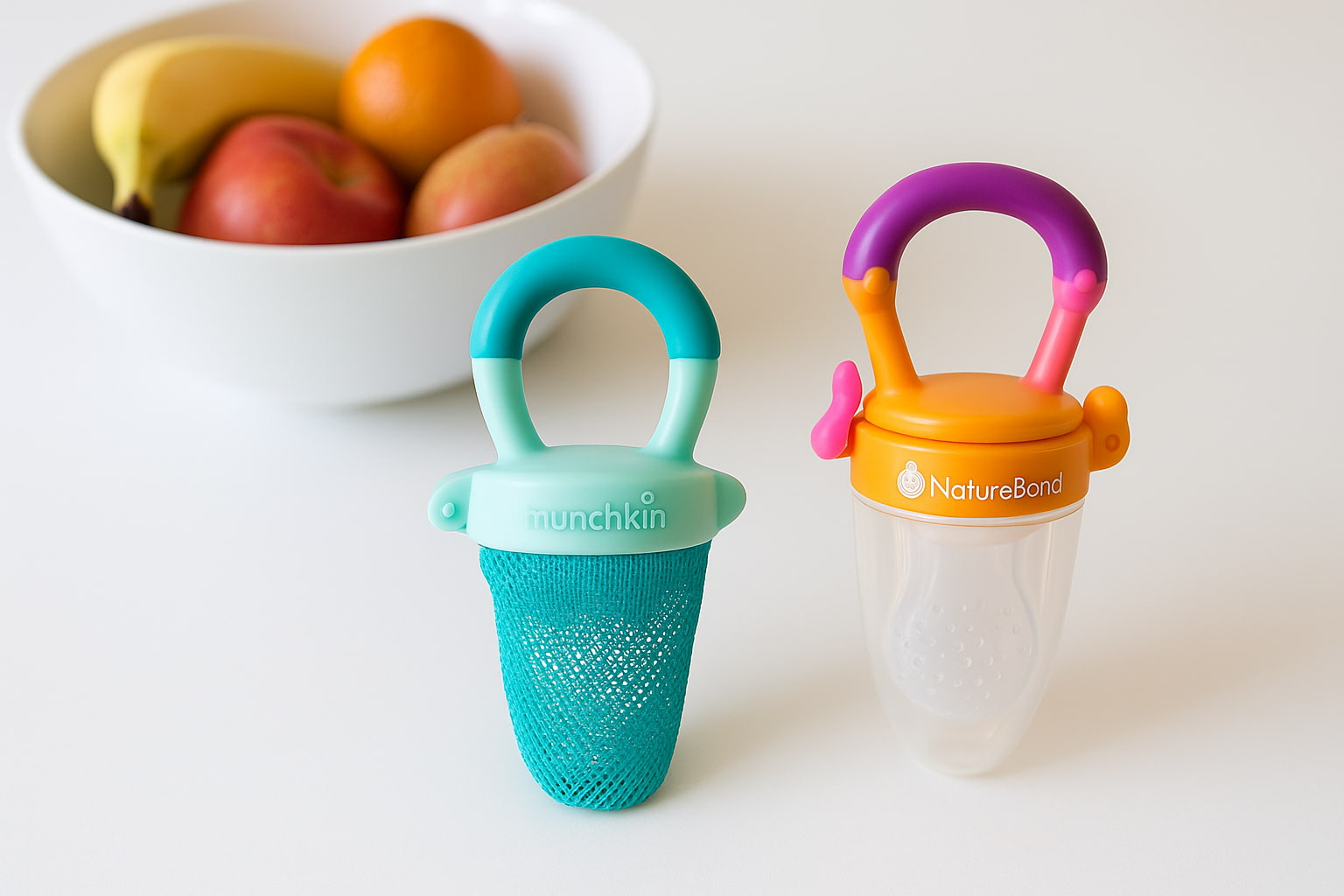📢 Why Baby Monitor Privacy Concerns Matter More Than Ever
Baby monitor privacy concerns are no longer a niche issue; they’re front and center in today’s tech-driven parenting world.
If you’re using a smart monitor that tracks sleep or breathing, it’s easy to forget just how much personal data it collects and where that data ends up.
Are strangers watching your nursery through a hacked feed?
Could your baby’s sleep data be sold to advertisers without your knowledge?
In this guide, we’ll check the most vital privacy issues with baby monitors. You’ll learn which brands take security seriously, and how to build a safer routine without giving up the tech you love.
Let’s get into it, because your baby’s safety shouldn’t stop at the crib.
📡 How Smart Baby Monitors Work
Audio and video are not the only features of smart baby monitors.

These devices are designed to collect and transmit data in real time to your smartphone or tablet. Depending on the model, they may track:
- Sleep start and end times
- Breathing motion or oxygen levels
- Room temperature and humidity
- Movement patterns and noise alerts
- Full sleep summaries and trend reports
This information is sent to cloud servers, often through a companion app. While this makes it super convenient to check in on your baby from anywhere, it also means that data can travel far beyond your home.
Most of the time, this happens silently, unless you dig through privacy policies and app permissions.
🔍 Which Brands Handle Privacy Best?
Not all smart baby monitors treat your data with equal care.
Some brands have made big improvements in recent years to meet privacy expectations, while others are still catching up.
The following are a few examples that are often valued:
Motorola: Offers strong encryption, app-based 2FA, and optional local viewing on several models.
Nanit: Cloud-based but transparent about how data is stored and shared. Offers encrypted video and security logs.
Infant Optics: Totally offline, risk-free of data, apps, and Wi-Fi. A great pick for parents prioritizing simplicity and safety.
These companies provide a better balance between functionality and privacy, though no brand is 100% immune to risks.
👉 Want to see how monitor types affect security? Check out our guide to baby monitors with breathing monitoring vs without for a side-by-side breakdown.
🛡 Common Baby Monitor Privacy Concerns
Privacy isn’t just about who’s watching, it’s also about how much they can see and what they do with it.
Here are the top concerns smart parents should be aware of:
- Unencrypted video feeds: Hackers can access live nursery footage if encryption is missing or outdated.
- App permissions overreach: Many apps ask for microphone, camera, and location access even when not needed.
- Data sharing with third parties: Brands may share metadata (like sleep patterns or usage stats) for marketing or analytics.
- Inconsistent privacy policies: Some manufacturers change their data terms without notifying users.
Once your baby’s data leaves your home, you have little control over who sees it, or how long it’s stored.
🏆 Trusted Brands That Prioritize Privacy
Some baby monitor brands are truly making privacy a core feature, not just an afterthought.
✅ Motorola PIP series: Includes cloud + local monitoring, app-based encryption, and 2FA support.
✅ Nanit Pro: Offers encrypted video, controlled device access, and clear opt-in choices for data sharing.
✅ Eufy Baby: Local-only streaming for maximum privacy, though some models have had firmware concerns.
📝 These brands show a commitment to transparency, giving parents more control over their child’s digital footprint.
🧠 What to Watch Out For
Before setting up any baby monitor, keep an eye out for these red flags:
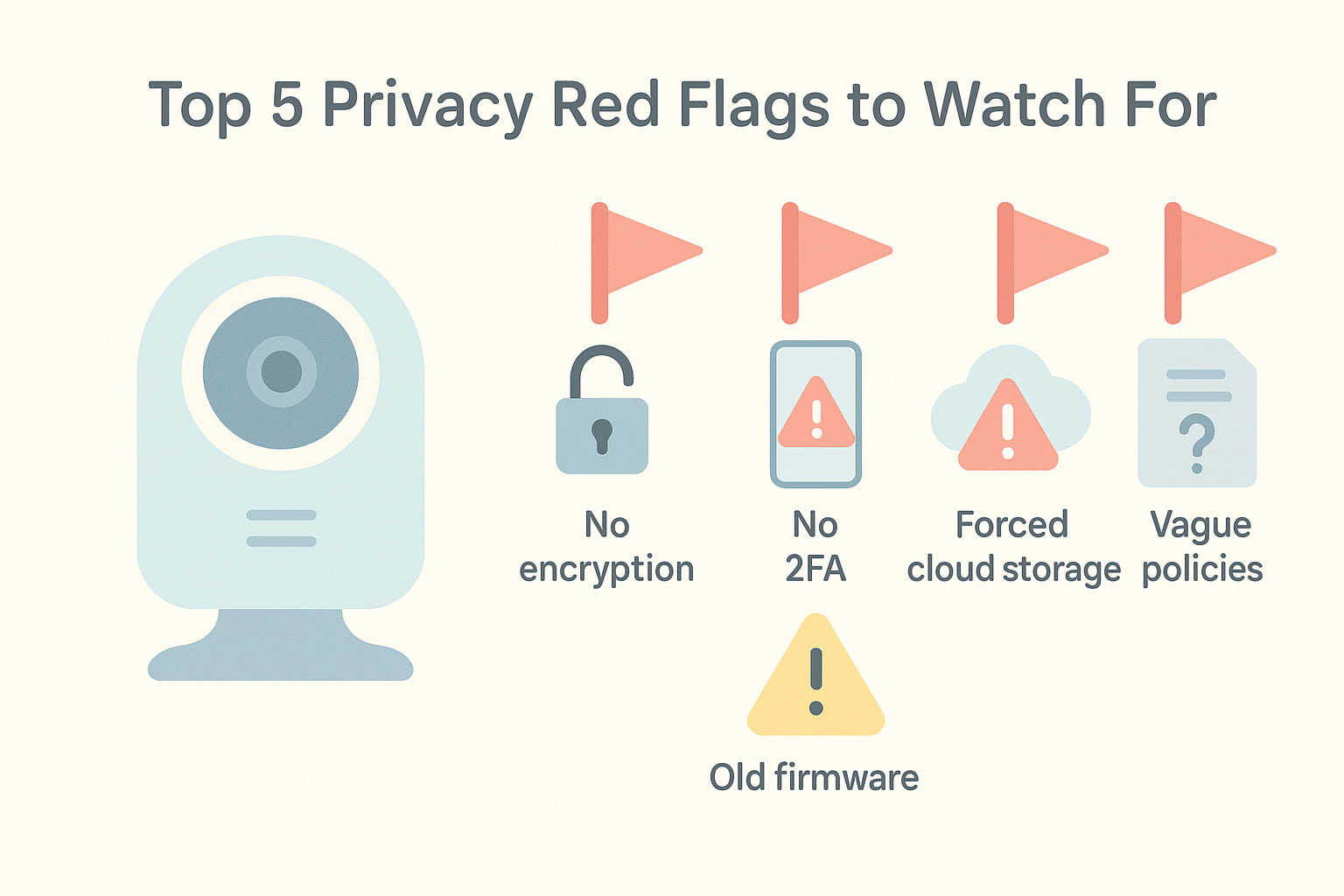
❌ No option to disable cloud storage
❌ No mention of encryption or security in product descriptions
❌ Required app accounts without 2FA
❌ Outdated firmware or no update history
❌ Negative app reviews that mention breaches or crashes
If a product is vague about how your baby’s data is handled, that’s a big warning sign.
👉 Insecure about the privacy of your monitor? You’d be surprised what pediatricians actually recommend. Here’s what they really say about baby monitor use.
📘 How to Create a Safe Monitoring Routine
You don’t have to be a cybersecurity expert to protect your family’s data.
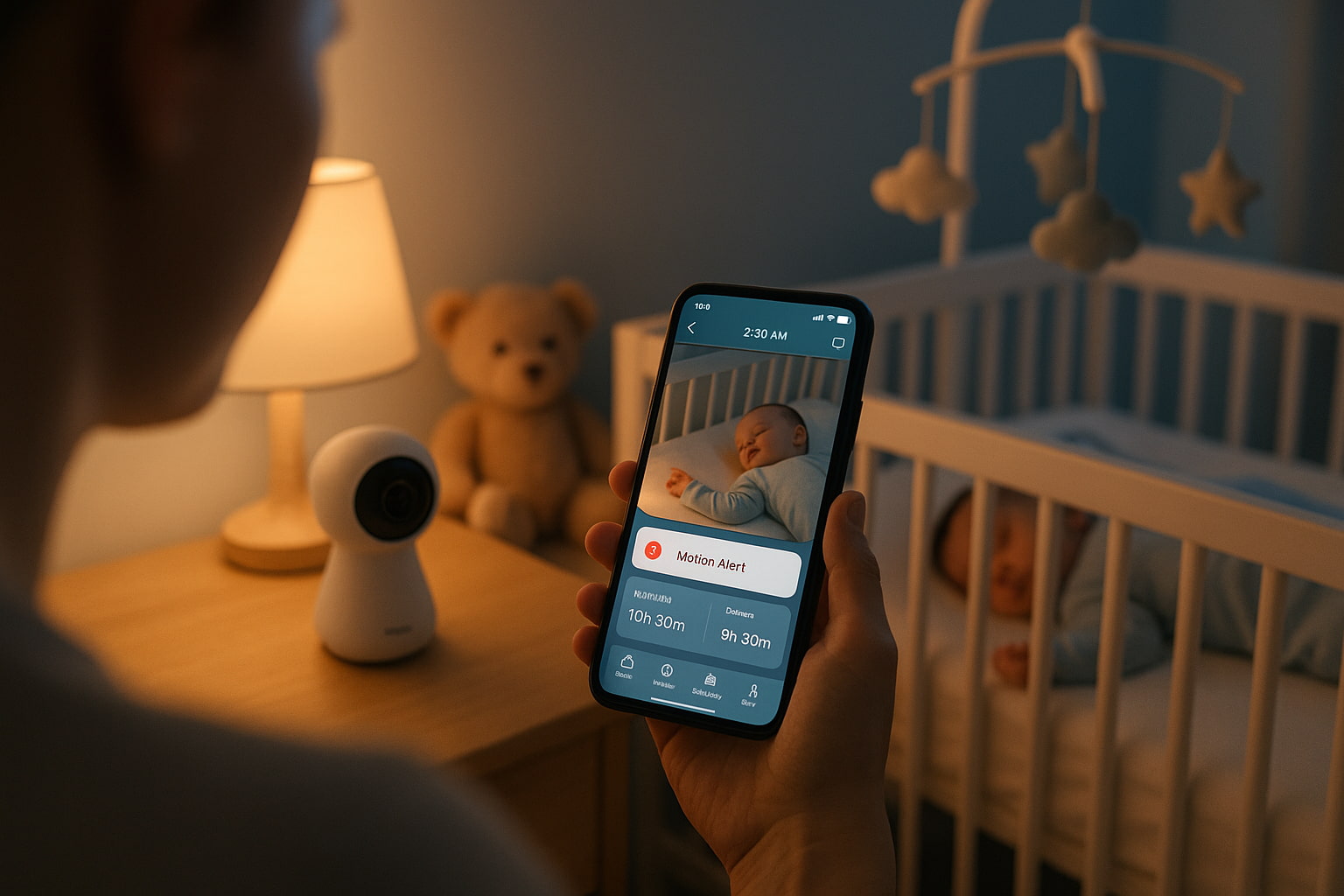
Here are some easy steps to help:
🔐 Use strong, unique passwords for baby monitor apps
📶 Set up a separate Wi-Fi network for smart devices
🔄 Keep firmware and apps updated regularly
🔕 If remote viewing is not being used, turn off cloud access.
✅ Always turn on two-factor authentication (2FA)
These small changes make a huge difference in how safe your baby’s data is, and how much control you have over it.
💡 Fact Box
According to the Multidisciplinary Digital Publishing Institute (MDPI), security testing of major baby monitor apps revealed frequent failures to encrypt live streams and improper handling of permissions, highlighting just how vulnerable some devices remain.
✅ Final Verdict: Are Baby Monitors Safe for Privacy?
Baby monitor privacy concerns aren’t going away anytime soon, but neither is the tech.
Choose a monitor from a trusted brand. Follow a few basic safety steps. That way, you can enjoy the convenience without losing control over your baby’s data.
👍 For peace of mind: look for encryption, 2FA, and local mode.
👎 Avoid monitors that don’t clearly explain how your data is stored.
Ultimately, privacy is about control and clarity.
Smart monitors can be a great tool, just make sure they work for your baby, and not against your values.
👉 Feeling overwhelmed by all the smart features? Here’s a simpler breakdown of smart monitors vs traditional monitors, so you can choose what really fits your family’s needs.
❓FAQ Section
Q1: Can baby monitors really be hacked?
Yes, especially older or unencrypted models. If the monitor uses Wi-Fi and lacks proper security features, it could be accessed by outsiders.
Q2: Is cloud storage necessary for smart monitors?
No. Many parents use local-only monitors with no internet connection. Cloud features are convenient but come with privacy trade-offs.
Q3: Should I use a VPN with a baby monitor?
For advanced users, a VPN adds a layer of security. But for most, updating firmware and using 2FA is more than enough.
⚠️ Disclaimer
This content is for informational purposes only and does not substitute professional advice.
✍️ Written by Find For Baby
Your trusted source for baby monitor safety, smart parenting tools, and peace of mind.
